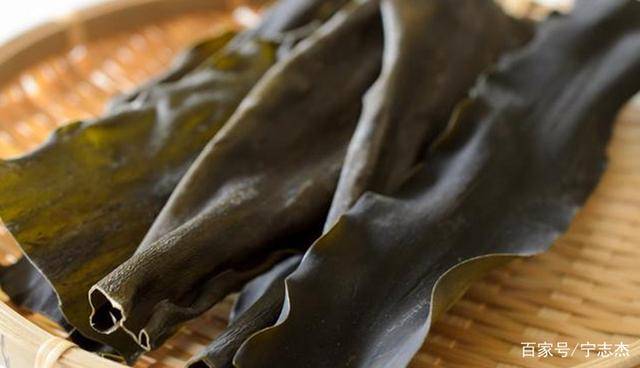Blood vessels are important channels for transporting blood and nutrients, similar to today’s roads. The blood vessels in the body intersect vertically and horizontally, with both gathering and dispersing functions. There are also many harmful substances in the blood vessels, constantly stimulating and damaging their health. Once the health of blood vessels is compromised, it can significantly impact overall health. Therefore, maintaining the health of blood vessels is crucial.
Experts suggest that in addition to correcting unhealthy lifestyle and dietary habits, one should also consume more foods that are beneficial for nourishing the blood vessels. So, what are some foods that can nourish the blood vessels?
1. Green Tea
Drinking green tea can help prevent arteriosclerosis and vascular hardening. This is because green tea contains abundant tea polyphenols that can neutralize coagulation factors, alleviate and reduce the occurrence of atherosclerosis. Moreover, regular tea consumption can effectively prevent Alzheimer’s disease.
2. Kelp
Kelp contains unique fucoidans and rich vitamins. The heparin-like substances in kelp can prevent the formation of blood clots, avoid blocking blood vessels, while other polysaccharides can lower cholesterol and inhibit arteriosclerosis.
3. Corn
Corn is rich in unsaturated fatty acids, with linoleic acid content exceeding 60%. Unsaturated fatty acids can help the body improve the damage caused by cholesterol and fats to blood vessel walls, reduce cholesterol deposition, clear excess cholesterol from the blood in time, and reduce the chance of arteriosclerosis.
4. Tomatoes
Tomatoes, also known as tomatoes, are both a fruit and a vegetable. Their vitamin content is several times higher than apples and pears. They contain hesperidin, a vitamin that enhances the ability of hemoglobin to carry oxygen, eliminates excess oxygen free radicals in the body, protects blood vessels from oxidative damage, and is crucial in preventing blood clots.
While diet plays a crucial role in preventing vascular accidents, correcting unhealthy habits in our lifestyles is also harmful to blood vessel health. It is not only about dietary changes but also about lifestyle changes.
Firstly, quitting smoking and alcohol consumption is crucial, as both habits have significant detrimental effects on blood vessel health. Smoking and drinking can relieve stress, but the harmful substances they produce can accumulate on the inner walls of blood vessels, which cannot be eliminated through dietary adjustments. Over time, this may lead to vascular-related diseases.
Next, our sleep habits. Staying up late is another major contributor to damaging blood vessel health. We must establish a good sleep schedule and rest on time to prevent acute myocardial infarction and stroke resulting from staying up late.
In general, maintaining blood vessel health is closely related to dietary adjustments and lifestyle habits. Only when the two are combined can we better maintain blood vessel health and reduce the chances of vascular diseases.


